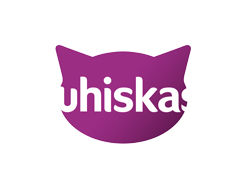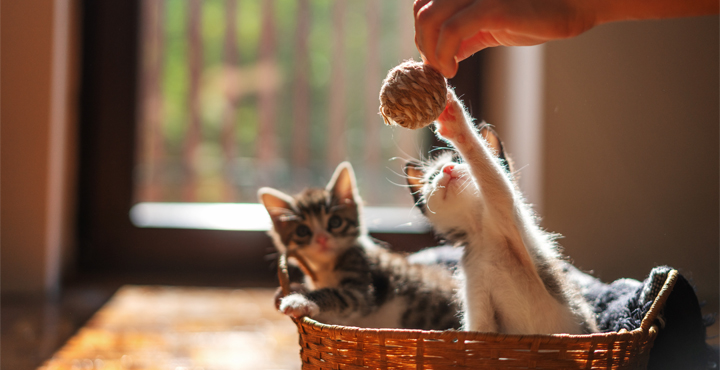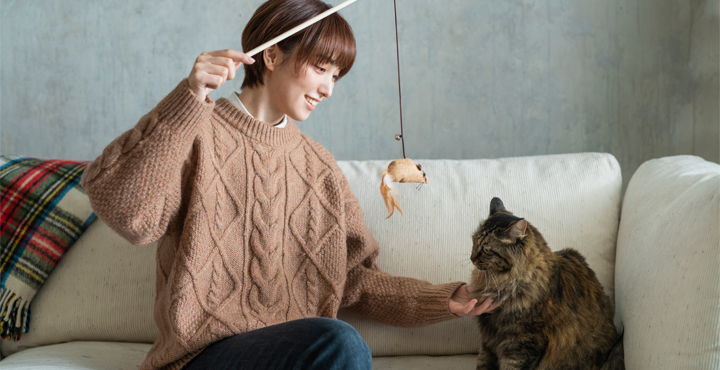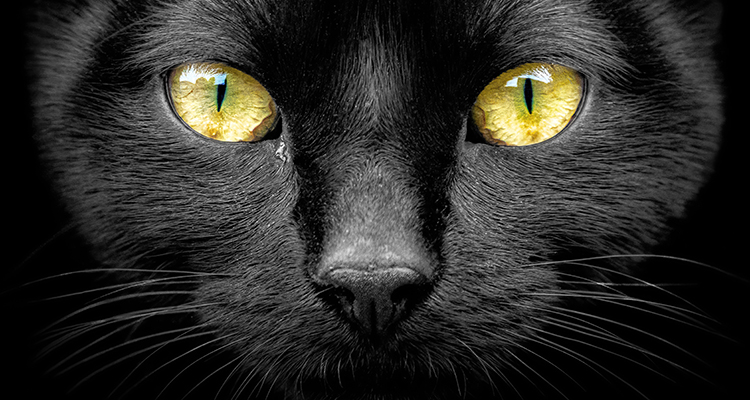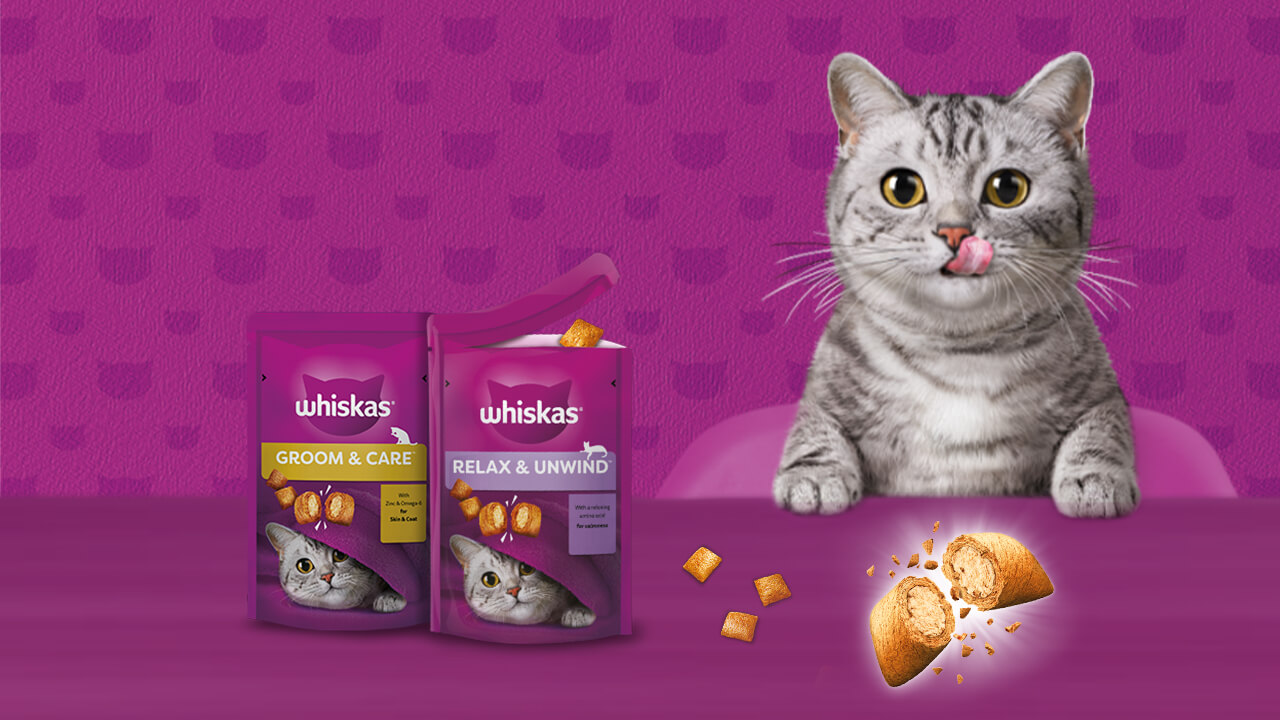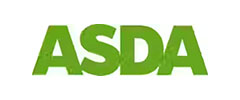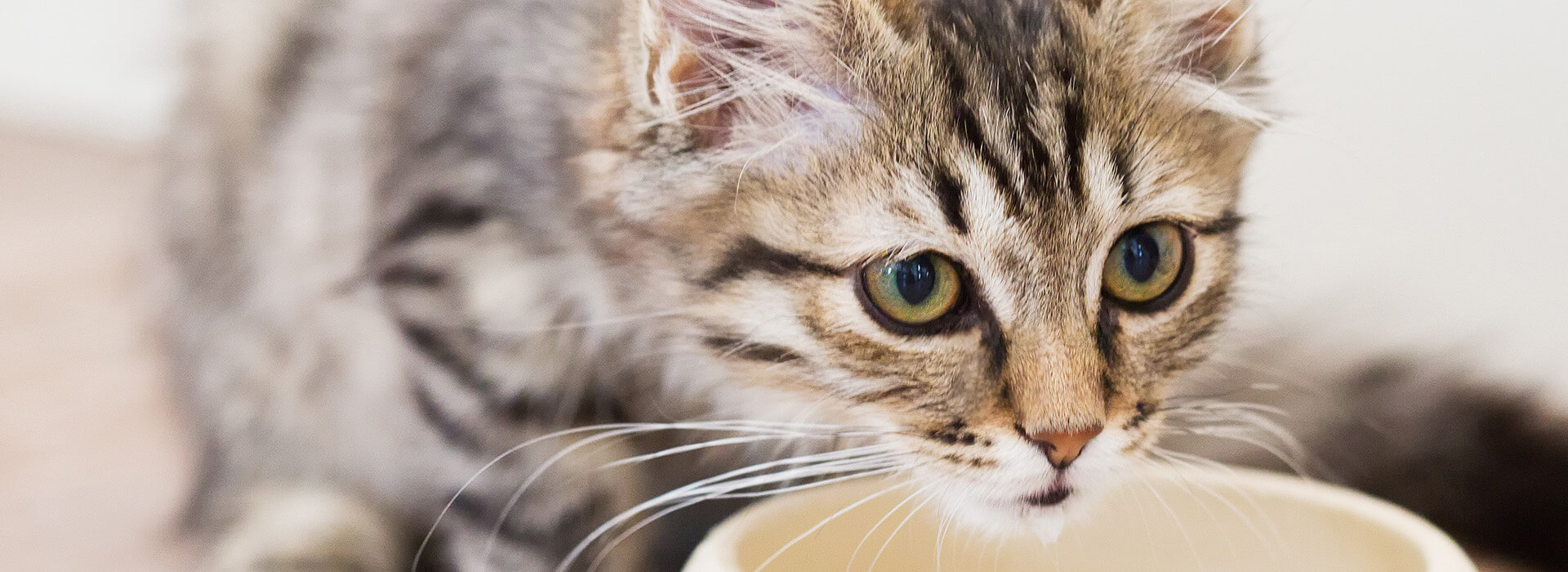

We’ve all seen cartoon cats enjoying a bowl of cold milk, but most types of milk are not safe for cats to drink. Some people may think that cats love fresh milk, and your kitty may even beg you for a lick of your cereal milk or cream topping on a dessert. But cow’s milk, oat milk and other milk varieties can cause stomach upsets, as most cats are lactose intolerant, so it’s best avoided. In this article, we’ll answer key questions for pet owners, including: can cats drink cow milk, are cats lactose intolerant, can kittens have milk, or can cats drink milk as a treat? We all want the best for our four-legged friend, so let’s delve into the myths about milk and whether cats and kittens should have milk in their diets at all.
Is milk good or bad for cats?
In spite of what many people think, cow’s milk, cow milk substitutes, and dairy products should not be given to cats. Most cats are lactose intolerant, meaning their digestive systems lack the necessary enzymes to break down the sugars, causing digestive issues and sometimes stomach pain or diarrhoea. Milk is also high in fat, which can cause additional health risks without providing the necessary nutrients for a cat to stay healthy and thrive.
Pet owners may ask: can cats have milk occasionally, or can cats have milk which is made for them? Although some cats can drink cow’s milk and consume other human foods and dairy in small amounts, it’s not recommended. As cats age, they become less able to digest milk and dairy products, and some can have an extreme or allergic reaction to it. Put simply, it’s just not worth the risk. Cat milk designed for pets is safe to feed as an occasional treat, in addition to a healthy diet.
Can kittens have milk?
Kittens have very sensitive tummies in comparison to adult cats and should only, as a young kitten, suckle milk from their mother. Cow’s milk is not suitable for kittens, even as a treat, as it can cause digestive problems and other health issues. You may be wondering: can kittens drink cow milk, or can kittens have milk designed specially for cats? The best milk for kittens is always their mother’s milk, which they’ll enjoy as their main source of nutrition until kittens start to wean at around 4 weeks old, or they can have a special cat milk formula if they’re orphaned. WHISKAS® Cat Milk, which is low in lactose and made specially for cats, can be given as an occasional special treat from 6 weeks old.
Why do people think cats love milk?
Traditional images, stories and animations may show cats lapping up cow’s milk, but the reality of the ‘cat that got the cream’ can be very different. Whilst cats may love the high fat content and creamy taste, it doesn’t mean it’s good for them, and can rapidly lead to digestive issues, diarrhoea and discomfort. Some cats are allergic to milk, meaning they’ll need to see a vet if they consume it. In fact, plain water, nutritious cat food and regular activity time are the main must-haves to keep your cat healthy.
What can cats drink instead of milk?
The best drink for cats is fresh, clean drinking water, which they should have access to at all times. It’s safe for most adult cats to drink:
- Tap water from a bowl or a cat drinking fountain.
- Specially formulated cat milk, which is lactose free, as an occasional treat.
Avoid cow’s milk or dairy-free alternatives. Fresh water is always the best bet when it comes to cats, to provide safe hydration which won’t upset their digestive system.
Is lactose-free milk safe for cats?
Lactose free milk, which is designed specially for cats, is a safer treat than cow’s milk or cream. It’s different to lactose-free milk or formula made for humans, as each is tailored using specific ingredients and vitamins for very different nutritional needs. Giving a cat lactose free milk made for human consumption can make them unwell. Lactose free milk made for cats should always be given in moderation, alongside a balanced diet and exercise, without replacing fresh water as their main drink.
Can cats drink milk – Summary
If you’ve ever wondered whether cats can have milk, the safest answer is no. Although it’s not considered toxic to cats, most cats are lactose intolerant and cannot digest it effectively, leading to digestive upset. Although some cats can drink cow milk in very tiny amounts and not be unwell, kittens can not drink cow’s milk safely without risking health problems. Cats are less able to tolerate lactose as they get older, so it’s best not to put your pet at risk and always stick to fresh water instead. Specially formulated cat milks, which are lactose free, can be given as an occasional cat treat, but with our delicious array of WHISKAS® cat food available to try, you can show your cat you love them back at every mealtime. Purr-fect.
Commonly asked questions about whether cats can drink milk
What kind of milk can I give my cat?
Cats can have milk which is specially designed for them, as a special treat, but it’s always best to give them fresh water to drink. It’s not safe to give your furry friend cow’s milk or lactose-free alternatives made for humans, as it can make them ill.
What liquids can cats drink?
Cats should be given plain water to drink, with access available to it at all times. Some pet owners treat cats to cat milk, which is lactose free, or homemade bone broth, which is cooled and unseasoned, but tap water is the safest - and healthiest - for your pet.
What happens if a cat accidentally drinks milk?
If your cat accidentally drinks a small amount of milk, they may be absolutely fine. However, most cats are lactose intolerant, and the answer to whether cats and kittens can drink cow milk is no. It can cause bloating, pain and diarrhoea, which may require a visit to your vet.
